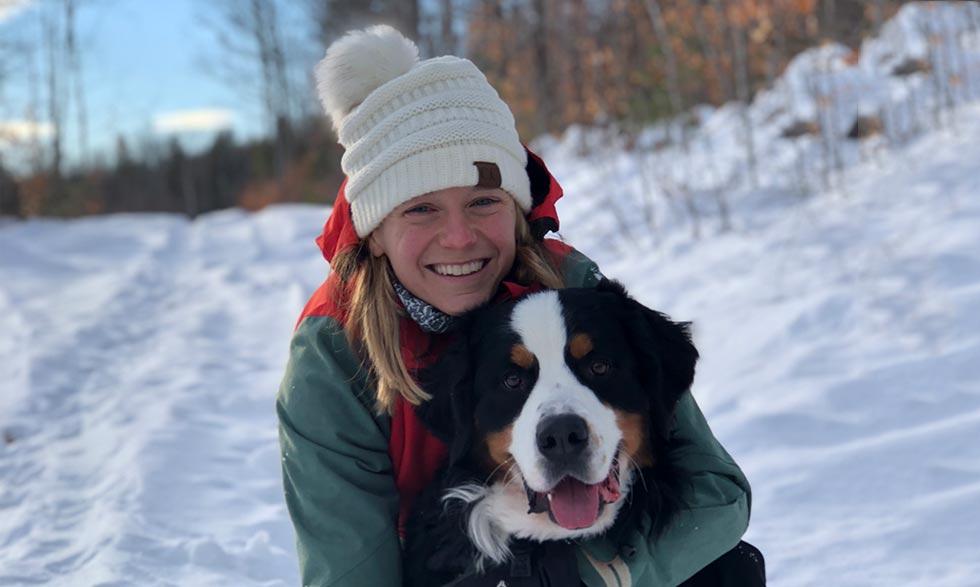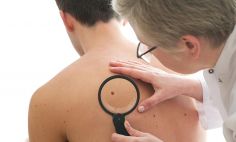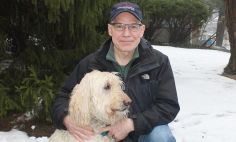In May 2012, 22-year-old new college graduate Heather Quintal was excited to begin a career at an accounting firm in Boston. But two weeks after graduation, before starting her job, Heather was diagnosed with advanced stage melanoma, the deadliest of all skin cancers.
"My dad was walking by my room one night and noticed I had a mole on my back," she says.
After her dad noticed the mole, he and Heather went to the dermatologist (a doctor who focuses on skin). Her dermatologist removed the mole and had it examined.
A few days later, the dermatologist called and told Heather to come into the office and bring her parents.
The cancer had spread to her lymph nodes.
The news was terrifying. She was told she either had a 20 percent chance of living one year or a 50 percent chance of living five years.
Getting treatment
Doctors removed all of the lymph nodes—part of the immune system—under her arm, and she began treatment with one month of daily infusions and 11 months of self injections 3 times per week.
Heather faced serious side effects. She had liver issues, joint pain, weight gain, hair loss, and cellulitis (when the skin tissue becomes inflamed).
"My body needed to learn how to live without lymph nodes," she says. "It was like having the flu for a year. I looked like I had aged 10 years."
Fight, not flight
Heather was determined to stay active during treatment. She walked instead of running, improved her diet, and took up meditation and yoga.
"When I'm on my yoga mat, no one is looking at me with sad eyes. Yoga taught me a lot about who I am," she says.
She left her high-stress job at the accounting firm. She became a controller at her family's business and opened her own yoga studio.
"I wanted to create a place for people to go. Caregivers, survivors, or noncancer related. No one goes through life unscathed. I wanted to create a place where people could come and be comfortable," she says.
Heather also found support through IMPACT Melanoma, a national nonprofit melanoma awareness and prevention group. She is also part of the group's Buddies program, which mentors and supports melanoma survivors and caregivers.
Spreading the word
Through IMPACT Melanoma, Heather shares her cancer story with students in middle schools, high schools, and colleges.
"Prom is a popular time for girls to go to tanning beds. I love talking to students about the risks of tanning and why they should wear sunscreen and cover up in the sun," she says.
Living cancer-free
Heather, who is now 29, has been cancer-free for more than six years.
She wants everyone to wear sunscreen and get skin checks regularly from a dermatologist.
Most of all, "Live your life. Do what you want to do. Life is short."
Heather also has advice for loved ones of those with cancer: "As a bystander, you have this powerlessness—you wish you could fix it," she says. "But the best thing you can do is be there. Be the person you were before your loved one had cancer."







